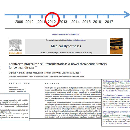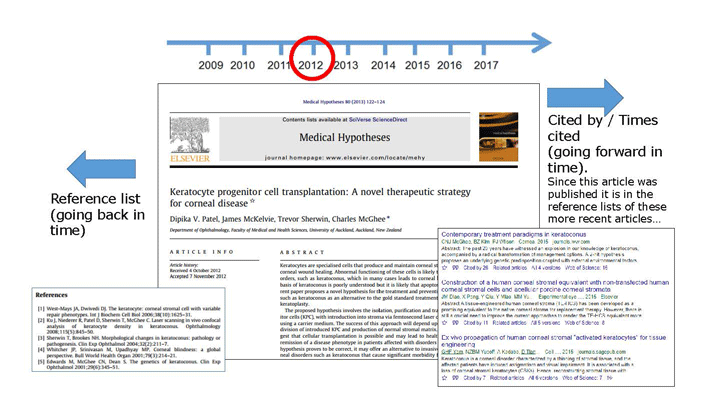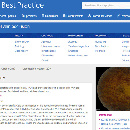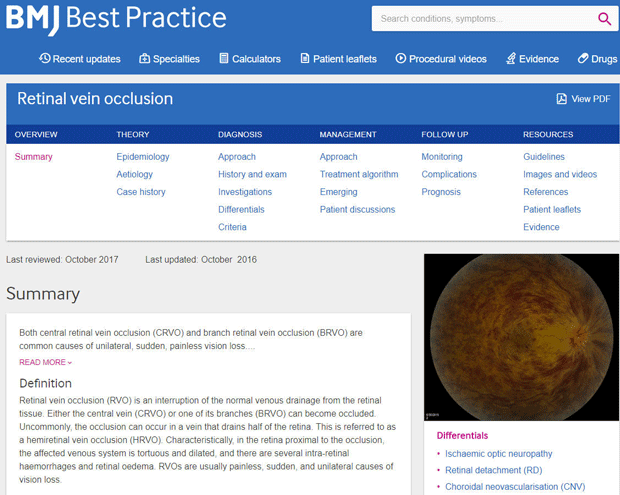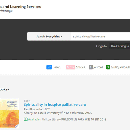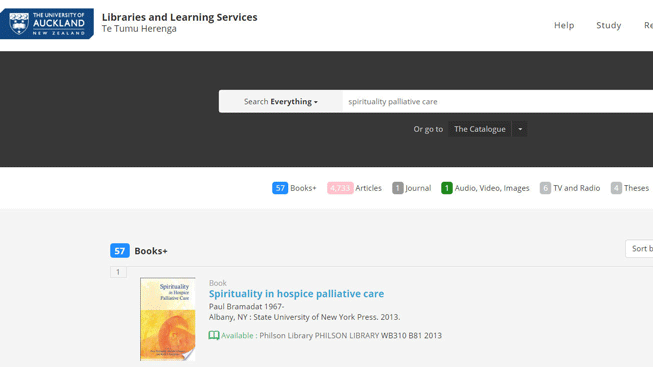
Your assignment is due in tomorrow...
and you've only looked at the question now. Help!
In assignments you may be tasked to find, discuss or make reference to 'the literature'. Books, book chapters, articles (also referred to as papers) in journals, and reports are collectively know as 'the literature', further defined by the Oxford English Dictionary as:
4.(A body of) non-fictional books and writings published on a particular subject.
Source: literature, n. OED Online
|
BASIC:
Work with what you already have: Reading lists
|
|
|
Concise overviews
|
|
- If you want information on drugs try Micromedex and if you have time have a look at the Pharmacy and pharmacology guide.
ScienceDirect topic pages
ScienceDirect topic pages are a useful resource for a quick way into 'concept definitions and subject overviews for researchers who want to expand their knowledge about scholarly and technical terms. Each synopsis provides a series of short, authoritative, excerpts from highly relevant book chapters written by subject matter experts in the field. These topic summaries are derived from Elsevier encyclopedias, reference works and books.'
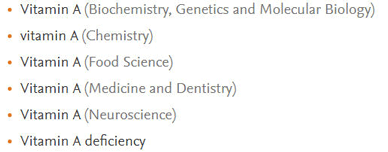
...........
 |
|
|
Is the information you need to answer your assignment question more likely to be in a book, a report eg something published by the Ministry of Health, a journal article/paper, a website, a point-of-care resource, a drug resource or a combination of books and articles? This will help you decide where to search first. |
|
Edit page




